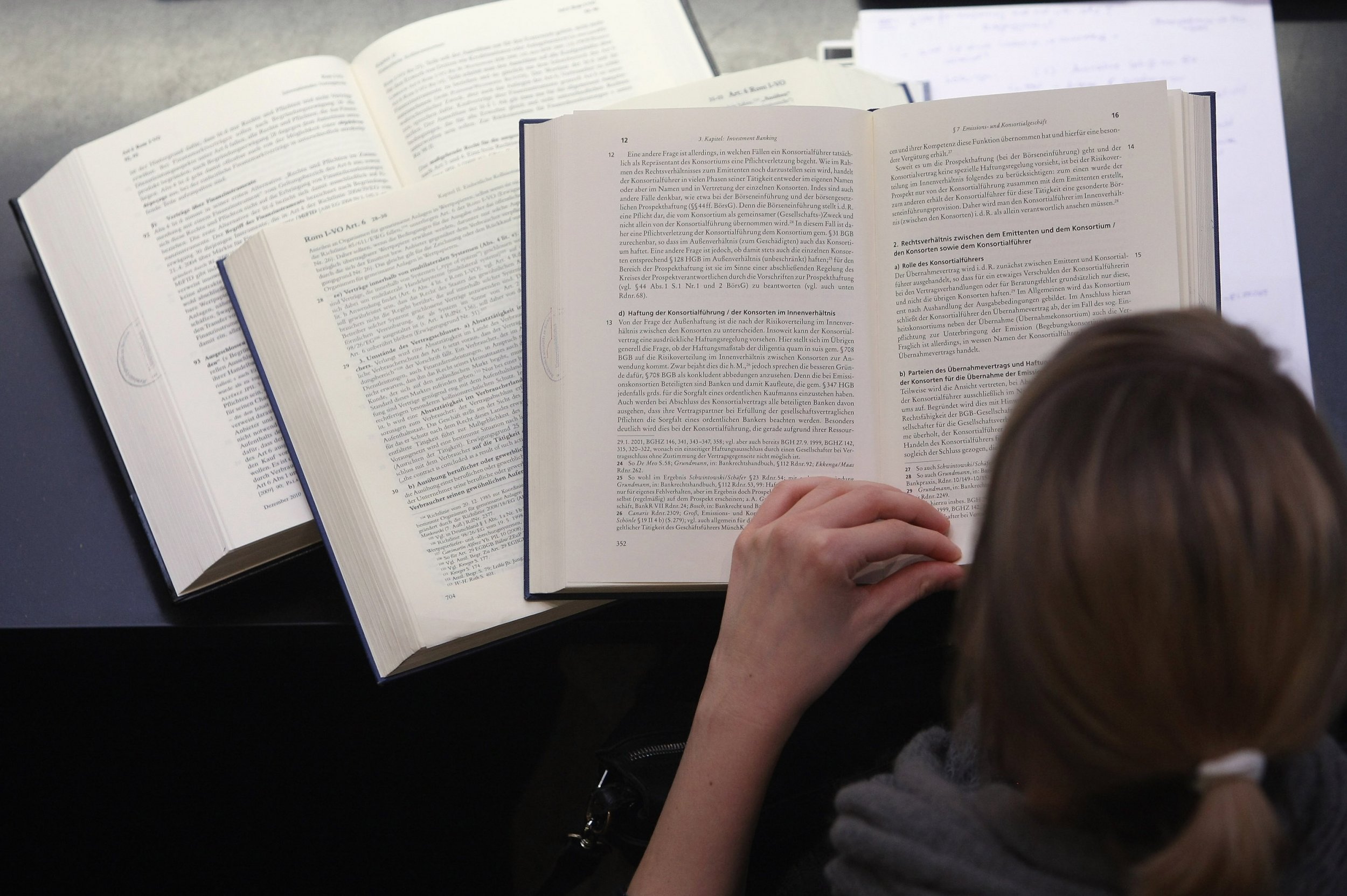
Humans aren't necessarily becoming more dumb. However, if our genes that predispose us to spend more years in school continue to decline, it's possible that our IQs will drop in the decades to come, according to a large study.
A genetic firm in Iceland was curious how our "education attainment genes" are being affected, so they analyzed data from more than 100,000 people in the country. Our education genes are derived from what scientists call our "polygenic scores," which is a crude measure used to predict certain outcomes. Someday polygenic scores may even be able to predict academic success, Scientific American notes.
Related: School Books Should Include LGBTQ Americans, California Education Activists Demand
Their findings, which were published in the journal the Proceedings of the National Academy of Sciences in December 2016, revealed a number of things, including that education genes may affect family size.
"It isn't the case that education, or the career opportunities it provides, prevents you from having more children," lead study author Kari Stefansson, CEO of Icelandic genetics firm deCODE, told The Guardian. "If you are genetically predisposed to have a lot of education, you are also predisposed to have fewer children."
Related: No Education for Kids: Nigeria Leads the World in Uneducated Children
Their findings also showed that if the trend continues, it may lead our IQs to drop about 0.04 points each decade. Although that number itself is very small, over the years it could add up to make a noticeable difference.
"The cumulative effect over time means this is going to have a dramatic effect on the genetic predisposition to educational attainment, and unless something comes along to counteract that, it could have a profound effect on educational attainment in our society," Stefansson said.
But, it's important to note that this data is all just based on one country and there's a whole lot of other factors that come into play. In fact, humans are still evolving, argues Jonathan Beauchamp, an economist at Harvard University, therefore, it's an issue if we try to forecast this trend because it can change before we know it.
Uncommon Knowledge
Newsweek is committed to challenging conventional wisdom and finding connections in the search for common ground.
Newsweek is committed to challenging conventional wisdom and finding connections in the search for common ground.





